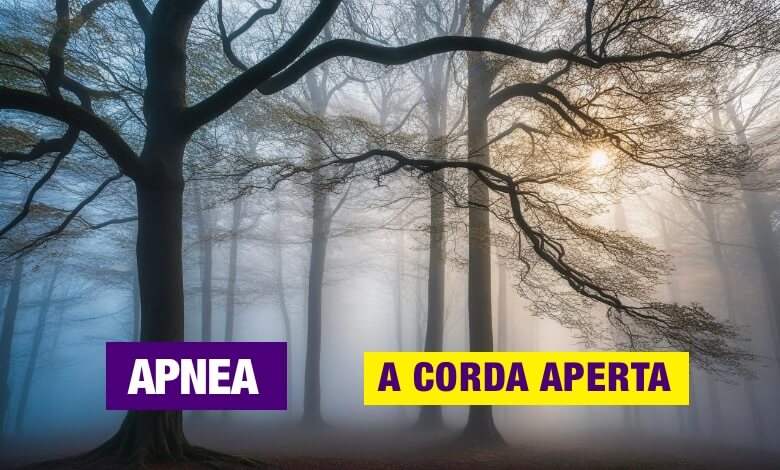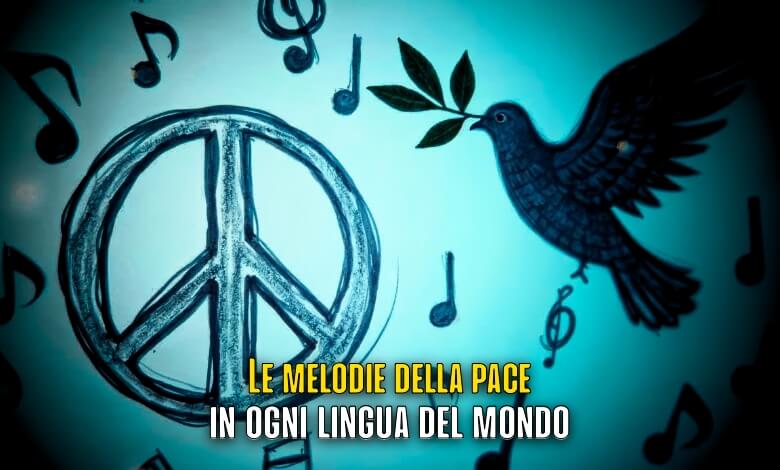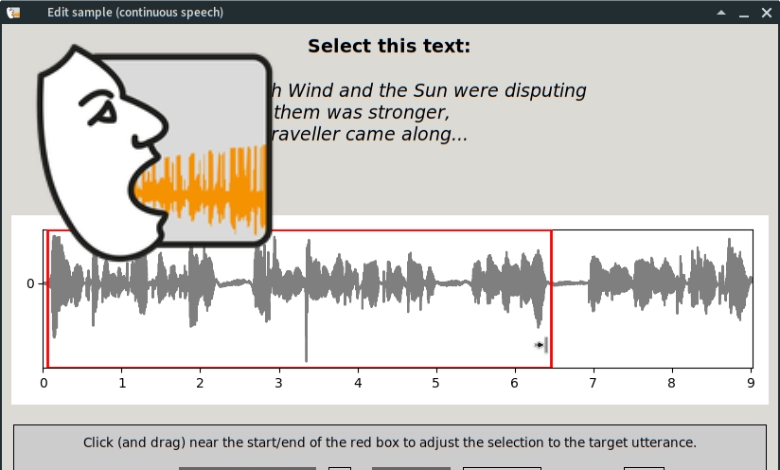Article index
Today we are talking about The Global Jukebox.org, an important resource for all ethnomusicology enthusiasts.
 In this post we will try to understand how this platform contributes to preserving and spreading the musical heritage of most of the cultures of the world in the network.
In this post we will try to understand how this platform contributes to preserving and spreading the musical heritage of most of the cultures of the world in the network.
The Global Jukebox is a rich collection of descriptive content mainly audio taken from the analysis of an ethnomusicological research conducted by Alan Lomax and Conrad Arensberg from 1960 to 1995.
First of all, who are Alan Lomax and Conrad Arensberg?
Born in 1915 in Austin, Texas, Alan Lomax grew up in a family of musicians and learned the importance of music and traditions linked to it from a young age. From a young age, together with his father John, he took care to collect recordings of songs and dances of the tradition of the United States of America.
The years pass, and his interest in the study of ethnomusicology becomes increasingly alive and present in his life. One fine day, precisely in 1954, the Italian government commissioned him an important job, to record and catalog the music and the traditional songs of our peninsula.
Alan Lomax turned the boot for about two years far and wide, collecting and cataloging a large amount of unique and fundamental material for the conservation of Italian popular traditions.
Instead Conrad Arensberg, originally from Pittsburgh, anthropologist and researcher and scholar of Irish culture and the Americas, played a fundamental role in the research and definition of the contents of Alan Lomax. Conrad Arebsberg helped Lomax in the cataloging and organization by categories of all the material recorded.
What is The Global Jukebox?
After years of research, the Global Jukebox.org website is finally online, the all -round representation of the research of the great Alan Lomax.
Divided by maps or cultural categories, it contains an immense and rusive sound collection, preserved at the Washington Congress Library.
Its cataloging is built on the basis of the analysis theories that Lomax had hypothesized: cantometric analysis and choreometric analysis .
These theories were based on the attempt to codify the companies by seeking behaviors and methods enclosed in their dances and ways of singing.
The Global Jukebox is therefore an important resource for all those who are interested in ethnomusicology and world music. We can define this resource a digital monument to reconstruct the musical culture of peoples and allow access to a unique and unrepeatable heritage.
Enter the world of The Globaljukebox
Below is a video that tells the story of this project.
Read the article also: ready with your voice? The book on how to preserve your voice








